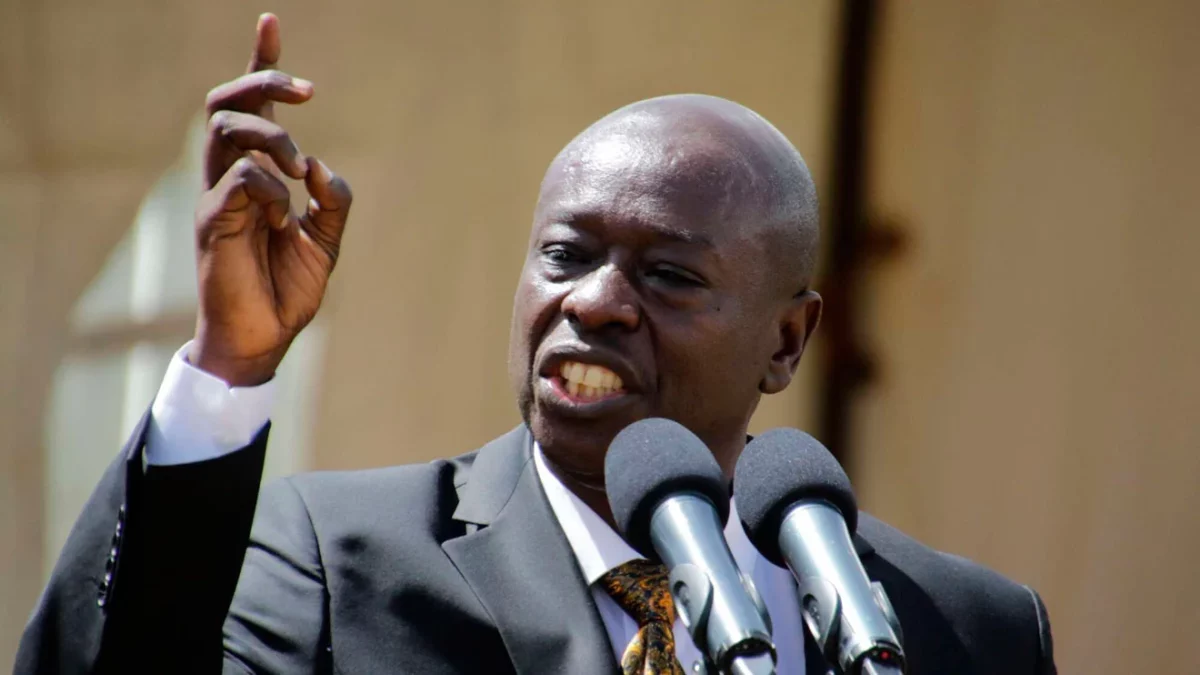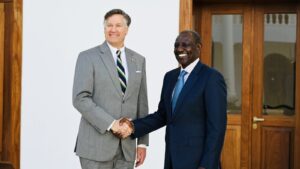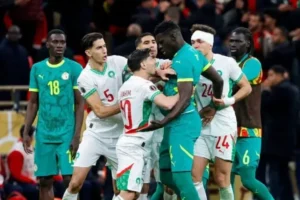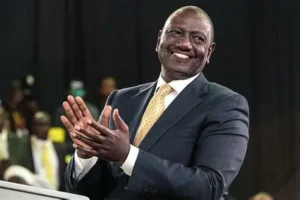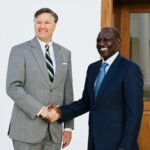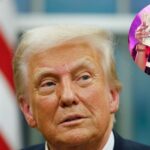An undeniable fact is that the Kenyan political landscape has mainly been governed not by ideologies, but by tribal sentiments. Thus, the voting pattern over the decades since independence has primarily been dictated by coalitions formed on regional blocks and ‘tribal kingpin’ bargain, strategies.
The emerging news of Gachagua’s impeachment scheme has elicited sentiments from regional leaders. With the new political movement that has gripped the country in the past two months, one may wonder whether this may be a diversionary tactic by the political class.
The alleged impeachment scheme is said to have stemmed on the grounds of holding the president hostage, inciting his natives (GEMA) against taxation, opposing the finance bill in the cabinet, and holding a meeting with disgruntled avocado farmers and the Nyamakima traders to incite them against the executive.
However, a section of Mount Kenya region leaders has come out to trash the motion terming the allegations frivolous and aimed at assassinating the DP’s character.
Nyeri Governor Mutahi Kahiga said any plan to impeach Deputy President Rigathi Gachagua will be doomed. “We are told that the Deputy President opposed the Finance Bill during a Cabinet meeting. We should clap for that man because the Finance Bill was ultimately rejected by Kenyans,” he said.
“We must say that if there is an impeachment being considered against the DP, that is an affront towards the mountain and it is an attack on us as people, and we will not take it lightly,” he added.
Githunguri Member of Parliament Gathoni Wamuchomba argued the plan is meant to diffuse some issues including graft raised during the protests.
Someone thinks bringing a tribal card against The Dp and leaders of Mt Kenya will diffuse the rot in the Kenya Kwanza Government as highlighted by the protestors.
— Hon.Gathoni Wamuchomba, HSC, MP (@hon_wamuchomba) July 30, 2024
Presenting an impeachment agenda against the Dp HE Rigathi Gachagwa is a decoy to shift the attention from…
“Someone thinks bringing a tribal card against The DP and leaders of Mt Kenya will diffuse the rot in the Kenya Kwanza Government as highlighted by the protestors.
“Presenting an impeachment agenda against the Dp HE Rigathi Gachagwa is a decoy to shift the attention from allegations of massive corruption and open inefficiency on various issues flagged by Kenyans. Accusing some of us for rejecting finance bill and plotting to discipline us is very welcome,” Wamuchomba’s statement read in part.
Notably, the allies who have been vocal in their defence have not only reaffirmed the status quo but also mirrored the deputy president’s political style of ‘Mount Kenya Unity.’
In the past diversionary tactics and scapegoating have been used to whip up political support in case of impending major national decisions or in the event of disputed policies. Recently, President Ruto blamed the Ford Foundation for financing the anti-government demonstrations to divert blame from his government’s failures. An allegation that the foundation publicly denied. Moreover, during his recent tour of the coast, the president announced new economic policies, investments, and aid packages to create a positive outlook and distract from failures and scandals.
Besides, the scandal at Mukuru kwa Njenga, where bodies stashed in sacks were retrieved from a quarry in the wake of disappearances and extrajudicial killings, was ruled as a case of a serial killer targeting women. This assertion by the Directorate of Criminal Investigations was too quick, with members of the public terming it a diversionary tactic from reality. The bodies were found a few meters from the Mukuru Police Post. Retrieval has since stopped, with the community citing a lack of government support in the process, further fueling speculations of extrajudicial killings.
Despite the controversies on the national political stage, it remains to be seen whether this will smother public dissent on the Kenya Kwanza failures and the popular push for change and accountability.
Interestingly, the philosopher Georg Wilhelm Friedrich Hegel, said, “We learn from history that we do not learn from history.”


